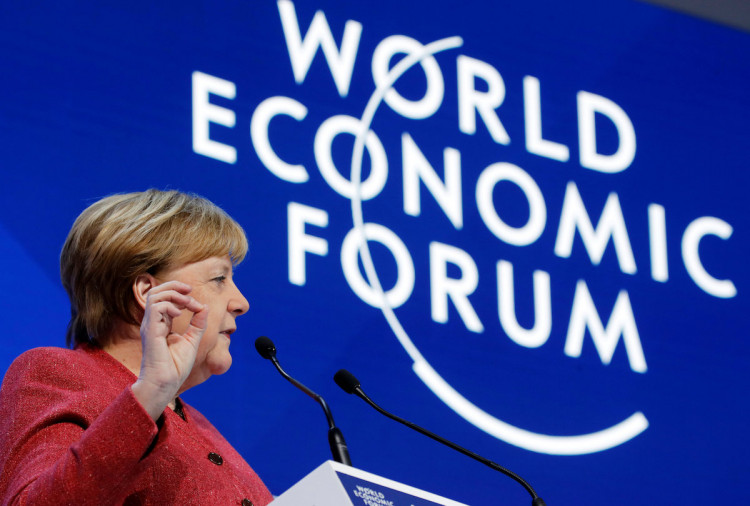More than half of the world's gross domestic product (GDP) -- some $44 trillion -- in being threatened by an intensifying climate change and a relentlessly warming world. Scientists last week confirmed 2019 was the world's second hottest year on record. The hottest year was 2016, which means the hottest years are occurring this decade.
The injurious effects of climate change on economic growth and wealth creation will be the focus of the 2020 World Economic Forum (WFE) that begins Monday in Davos, Switzerland. Davos' theme this year: "Stakeholders for a Cohesive and Sustainable World." More than 3,000 of the world's top business and political leaders 3,000 participants will also try to give concrete meaning to "stakeholder capitalism," a concept radically at odds with the predatory capitalism still in vogue with many corporations.
"People are revolting against the economic 'elites' they believe have betrayed them, and our efforts to keep global warming limited to 1.5°C are falling dangerously short," said Prof. Klaus Schwab, WEF founder and executive chairman. "With the world at such critical crossroads, this year we must develop a 'Davos Manifesto 2020' to reimagine the purpose and scorecards for companies and governments. It is what the World Economic Forum was founded for 50 years ago, and it is what we want to contribute to for the next 50 years."
A dismaying new report from PwC U.K reveals $44 trillion of economic value generation is "moderately or highly dependent on nature and its services and is therefore exposed to nature loss." This means more than half of the world's GDP is threatened by risks stemming from nature loss, said the report. Industries "highly dependent" on nature generate 15% of global GDP ($13 trillion). Industries "moderately dependent" generate 37% ($31 trillion) of global GDP.
The world's three largest industries most dependent on nature will be the hardest hit by climate change. The construction industry with its heavy reliance on wood and sand stands to lost $4 trillion; agriculture, which is almost entirely dependent on nature, might shrink by $2.5 trillion and the food and beverages, $1.4 trillion).
The report said these industries rely on the direct extraction of resources from forests and oceans. They're also heavily dependent on ecosystem services such as healthy soils, clean water -- and a stable climate. The report said that as nature loses its capacity to provide these inputs, these industries would be significantly disrupted.
WEF managing director Dominic Waughray said the world needs to reset the relationship between humans and nature. He pointed out damage to nature from economic activity can no longer be considered an "externality."
"This report shows how exposure to nature loss is both material to all business sectors and is an urgent and non-linear risk to our collective future economic security. We are in dire straits," he warned.






